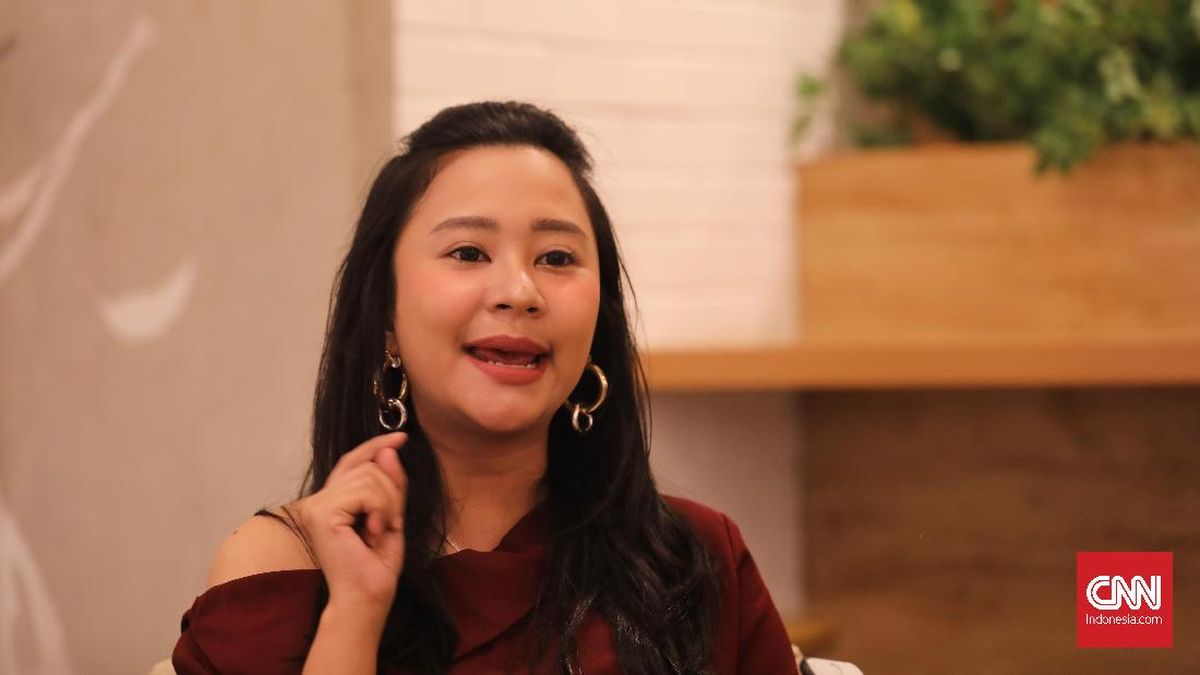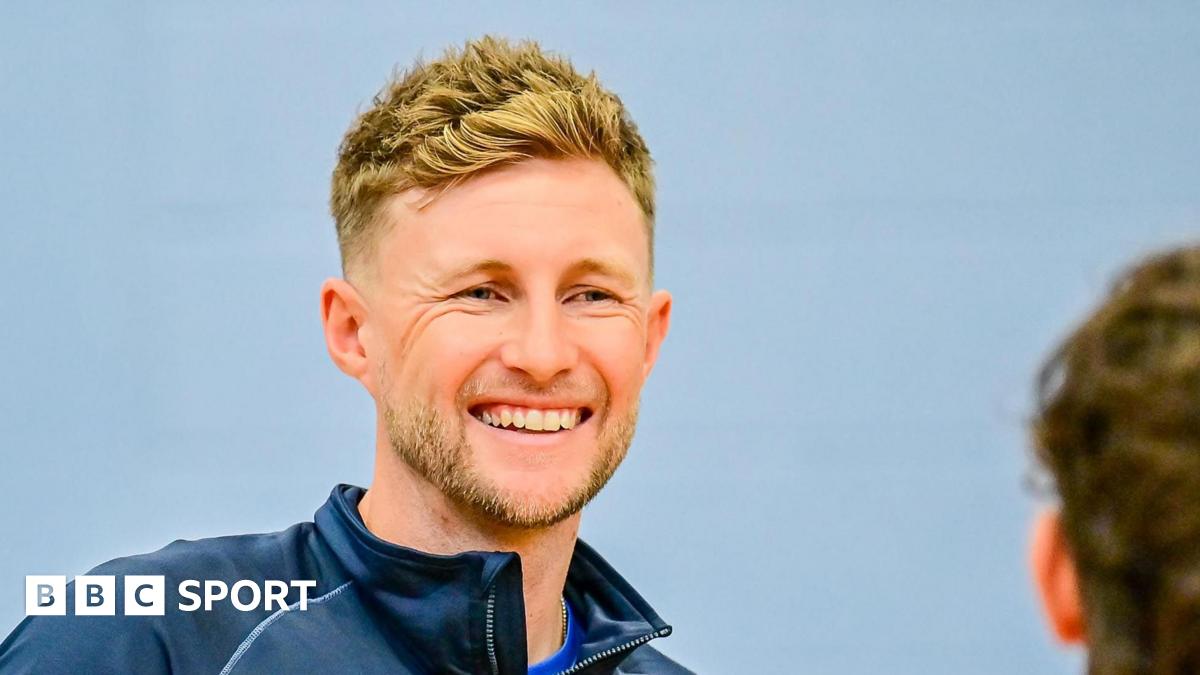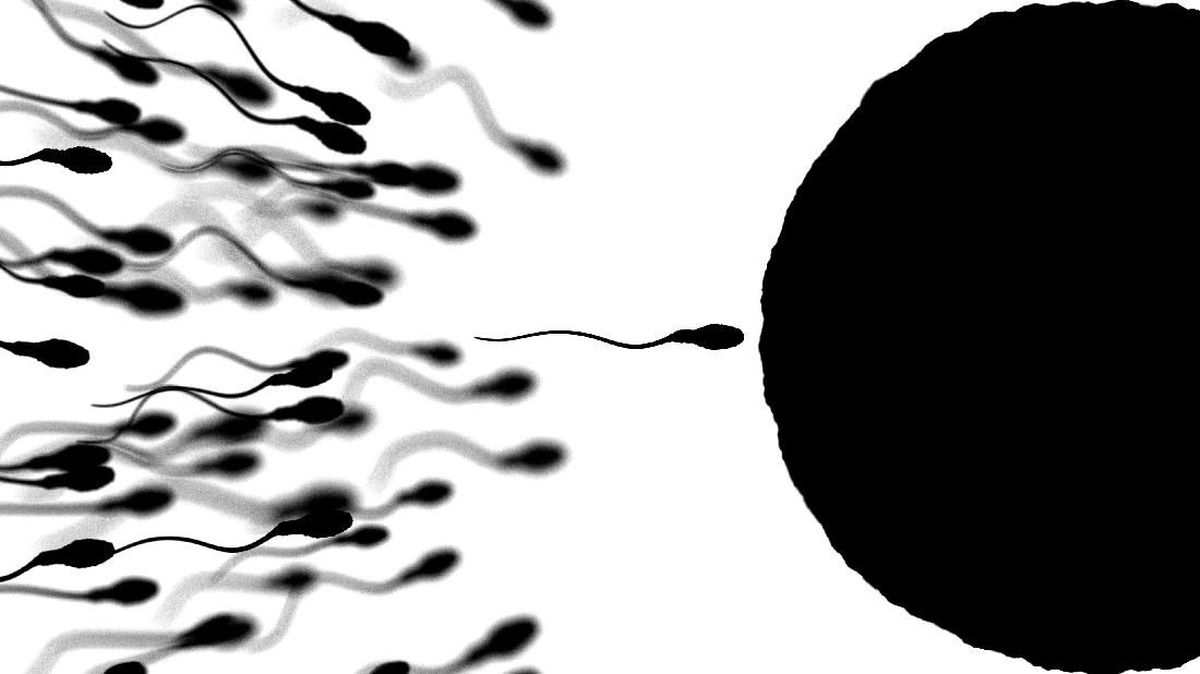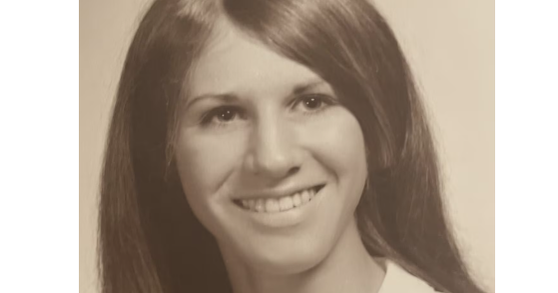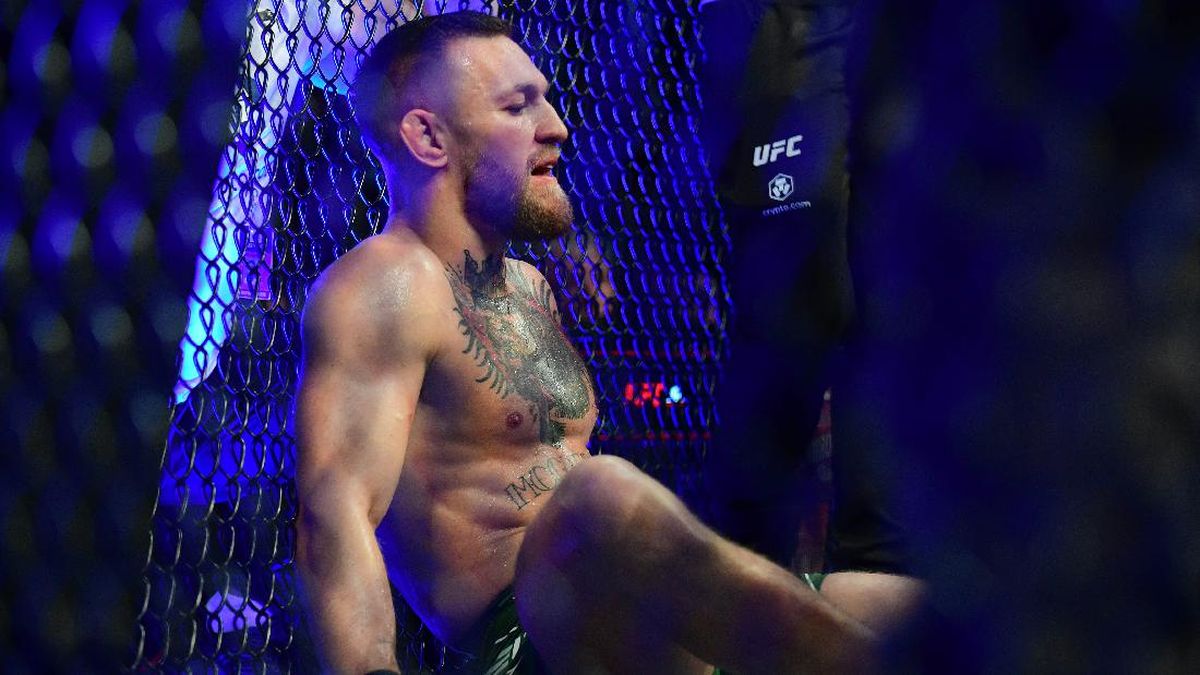A phone rings in the White House, well after midnight on October 10, 2025. There’s somebody on the line with a foreign accent. Possibly Swedish, maybe Norwegian? They want to speak to the president. At first, it’s dismissed as a crank call. But then the penny drops. They’re put through. Donald Trump picks up, annoyed and bleary-eyed. “Yeah, who is this?”
Oh. It’s the people from the Nobel Peace Prize. Mr President, they say you’re this year’s winner. He has 10 minutes to alert his family and staff before the news goes live to the world. Trump jolts upright, wide awake, elated. He’s been after this for years.
Stranger things have happened. The Scandinavian-based organisation awarded the peace prize to Barack Obama in 2009, when he’d been in office for less than eight months.

US President Barack Obama officially accepts the 2009 Nobel Peace Prize.Credit: Getty/ digitally tinted
US Secretary of State Henry Kissinger got his in 1973 for his efforts to end the war in Vietnam, never mind that behind the scenes he had orchestrated the illegal bombing of Laos and Cambodia and that the conflict would rage on for two more years (his North Vietnamese co-winner, Le Duc Tho, refused to accept the award).
In its very first year – 1901 – the Nobel Foundation chose to give the prize for literature not to the Russian master Leo Tolstoy (who never won) but to a French poet called Sully Prudhomme (who? Indeed). Stephen Hawking never got one, nor did Mahatma Gandhi. Plenty of women should have won but didn’t. They happily gave the prize for medicine, though, in 1949, to the Portuguese neurologist Antonio Egas Moniz, for developing the frontal lobotomy as a cure for psychosis, one of medical science’s great missteps.
Then there was Bob Dylan in 2016, the first musician to be awarded the Nobel Prize in Literature. The decision was seen as both an affront to conventional writers and entirely unnecessary, with his friend Leonard Cohen describing it as “like pinning a medal on Mount Everest for being the highest mountain”. (A shocked Dylan, for his part, was initially unreachable by the Nobel organisation for several days.)
Trump hasn’t quite said outright that he wants the peace prize but he seems to think about it a lot. “They will never give me a Nobel Peace Prize,” he grumbled during a meeting with Benjamin Netanyahu in the Oval Office in February. “It’s too bad. I deserve it, but they will never give it to me.” The Economist subsequently quipped: “Repeated assurances from Mr Trump that he is not campaigning for the gong, nor thinks he will ever get it, are taken as sure signs he desperately wants it.”
Is Trump really a contender? Who chooses who wins? What is the waiting game for many would-be recipients known as “Nobel lag”?
What’s it like to win a Nobel?
Although Trump, for now, can only dream of it, the unexpected phone call is no work of fiction. Many are the Nobel laureates who’ve picked up the receiver at some odd hour to be told their life is about to be turned upside down. Australian astrophysicist Brian Schmidt was – famously – halfway through preparing dinner when he got his call in 2011.

Australian astrophysicist Brian Schmidt, who won a Nobel in 2011, pictured at the awards banquet with Crown Princess Victoria of Sweden.Credit: Getty/ digitally tinted
After initially thinking it was a hoax by one of his students – he was based at the Australian National University’s Research School of Astronomy and Astrophysics – he was convinced, by a Scandinavian voice, that it was real and that in eight minutes he would then be connected to a conference call with world media.
It was both a surprise and not. He’d done the work, but over a decade earlier, leading a team of astronomers to the discovery that the universe’s expansion was continually accelerating, contrary to accepted wisdom. They posited the cause must be the mysterious effect of what they dubbed “dark energy” (which remains an enigma): a Nobel-worthy discovery. But with just one Nobel up for grabs each year for six categories (physics, chemistry, physiology/medicine, economics, literature, peace), the number of qualified contenders can bank up like buses during rush hour and the years passed by.
Now the phone call had, finally, come out of the blue, letting Schmidt know that the work of he and his team had snared the biggest prize of all, shared with Saul Perlmutter and Adam Riess from the University of California for their complementary research. “It’s quite a shock to the system,” Schmidt tells us. “You go from being a professor who doesn’t catch that much notice, [to] a person who gets lots of invites and opportunities to do lots and lots of things. But on the less good side, less time to do research.”
My wife picks up the phone, and the guy says, ‘this is Nils Ringertz from the Nobel Committee’
Peter Doherty, another of just 15 Australians to have won a Nobel (for Physiology or Medicine, in 1996), was living in Memphis, Tennessee at the time when his phone call came at 4.30am. “We assumed one of our relatives in Australia was ill or something, and my wife picks up the phone, and the guy says, ‘this is Nils Ringertz from the Nobel Committee’. And she says, ‘this is for you. ’ The next call we get is from talkback radio in Bogota, Colombia, and then Reuters, and then The Sydney Morning Herald and so on. So you know it’s not fake.” The attention can be overwhelming. “Once it’s announced, all the journalists are waiting, because this is the one event that’s on the media calendar for science.”

Peter Doherty shared his 1996 Nobel with fellow immunologist Rolf Zinkernagel.Credit: Getty/ digitally tinted
Laureates have some obligations, including turning up to the awards ceremony (in Oslo for the peace prize, Stockholm for the others) on December 10 if at all possible (encouraged by business-class flights and a chauffeur on arrival), signing their Nobel diploma (a formal acceptance of their award), providing a biography and subsequently delivering a lecture about their work (though a reclusive Dylan avoided the ceremony and somehow fulfilled the speech obligation by having the United States Ambassador to Sweden, Azita Raji, read out something he’d written). Then there’s the numerous rounds of appearances, white-tie banquets with Scandinavian royalty (think nettle soup and tartar of marinated salmon with red pepper cream) and endless phone calls with journalists from their home countries (“where were you when you got the call? What are your hopes for humanity?” etc).
For scientists at least, “The first year is extremely intense,” says Peter Doherty, who shared his Nobel with fellow immunologist Rolf Zinkernagel for demonstrating how the immune system recognises virus-ridden cells. “Everyone wants to get the latest Nobel Prize winner to talk to their institution.”
Financially, the Nobel is not insignificant; each prize conferring around $1.7 million in prize money (11 million Swedish krona) and a handsome gold medal. The effect on a winner’s career, meanwhile, can vary from insignificant to profound, depending on the award and the stage of life at which they win. In literature, for example, it can introduce more obscure works to a global audience, such as the novels and plays of 2023 winner Jon Fosse, who writes in a written form of Norwegian called Nynorsk.
Conversely, astrophysicist Saul Perlmutter tells us from the US, “It doesn’t actually make a huge difference when people already respect highly what you’re doing – and those people who [don’t], they’re just slightly more irritated because you also have a Nobel prize and they don’t.” He, Schmidt and Riess had already won the 2006 Shaw Prize for Astronomy (sometimes called the “Nobel of the East”, as it is awarded in Hong Kong) for their discovery; the actual Nobel came in 2011. If anything, he says, the gong might even put the brakes on your career. “Getting a Nobel prize tends to slightly diminish the desire to fund your new project, just because people feel like, oh, you already won a Nobel prize. You know, it’s somebody else’s turn.”
Loading
For Perlmutter, who hints that we’re on the brink of another major discovery about dark energy, the major benefit of the Nobel for him was how it opened doors – he was invited to sit on Joe Biden’s President’s Council of Advisors on Science and Technology – and helped him to spread the word about the value of science education. “It’s much easier to start conversations and to get things going if you’re wanting to work on something that’s interdisciplinary, or if you’re wanting to work on something that’s societal.”
American activist Jody Williams, who shared the 1997 Nobel Peace Prize for leading the international campaign to ban landmines, concurs. “It gave me a megaphone,” she tells us, “To call out the hypocrisies, injustices, and atrocities that continue around the world.”

Jody Williams (centre) with fellow Nobel laureates Leymah Gbowee (left) Tawakkol Karman.Credit: Getty/ digitally tinted
Yet for the Harvard economist Claudia Goldin, who won the economics Nobel in 2023 “for having advanced our understanding of women’s labor market outcomes”, life has mostly continued as before, though she did get asked onto NPR radio and threw the first pitch at a Red Sox-Yankees baseball game (a uniquely American honour). “My research, teaching, and advising continues unchanged,” she tells us. “I do no consulting or speaking for fees, so my life hasn’t changed in that manner, and I don’t travel to India, China, the Vatican, Brazil, Chile, or other exotic destinations. I do spend about 30 minutes a day responding to invitations and other requests. I probably also have more lectures in the local area and elsewhere because of the award. My opinion gets asked more now, but my opinions haven’t changed.”
So, too, life goes on pretty much as usual for David Card, who won the economics Nobel in 2021 for his research into the minimum wage. “I won the prize the year before I planned to retire, so it did not lead to such a big change for me as for some of the other winners in my cohort, including my co-winners in economics,” he tells us. “For them, it was clearly a boost in their academic standing. Academia is very hierarchical and Nobel prizes count a lot. I did get a nice dedicated parking place on campus [at the University of California, Berkley]. I never had parking before because it’s very expensive and the lots are often full and unless it’s raining really hard I ride my bike.”
How do the prizes work?
The now-prestigious awards originated with Alfred Nobel, the Swedish industrialist responsible for patenting an explosive he called “dynamite” in the late 1800s (from the Greek word dynamis, meaning power or strength). Nobel’s insight was to mix unpredictable nitroglycerine with a stabiliser, making it less likely to self-detonate. The invention revolutionised mining, canal-digging, road building and tunnelling – making them safer and cheaper – and made Nobel a fortune, along with less-celebrated forays into armaments and chemicals. Despite a long-term relationship with a much younger woman he met in a flower shop, Nobel never married or had children. Consequently, when he wrote his will, with no family to consider and likely some guilt about where his fortune had come from, he decided to fund annual prizes that would be given to those who had “conferred the greatest benefit to humankind”.

Workers in Alfred Nobel’s dynamite factory, the source of his great fortune.Credit: Getty/ digitally tinted
He named five fields of endeavour: the most important discovery or invention in the field of physics; the most important discovery or improvement in chemistry; the most important discovery within the domain of physiology or medicine (today colloquially known as the Nobel Prize for Medicine); the most outstanding work of literature “in an ideal direction”; and a prize for the person “who has done the most or best to advance fellowship among nations, the abolition or reduction of standing armies, and the establishment and promotion of peace congresses” – the Nobel Peace Prize.
Loading
A body to administer the prizes was established in June 1900, the Nobel Foundation, with the first prizes handed out the following year, five years after Nobel’s death. Somewhat puzzlingly, Nobel had dictated that four of his five prizes (economics would be added later) be decided by Swedish institutions (the Swedish Academy of Sciences, the Karolinska Institute and the Swedish Academy, which chooses the prize for literature) but that the fifth, the prize for peace, be awarded by a committee of five selected by the parliament in neighbouring Norway, called the Norwegian Nobel Institute.
Why he made this distinction is a mystery – he left no explanation. The Nobel organisation speculates he may have wanted to include Norway because it was at that time in a union with Sweden; he may have been influenced by the Norwegian parliament’s prominent role in resolving international disputes; and he was known to be a fan of Norwegian fiction – early “Scandi-noir”, perhaps.
Nobel dictated furthermore that each prize could be shared, but by no more than three people, though entire organisations could be nominated for the peace prize (such as the International Campaign to Abolish Nuclear Weapons, which won it in 2017). Nobel also stipulated that “no consideration be given to nationality, but that the [prizes] be awarded to the worthiest person, whether or not they are Scandinavian”.
The prize for economics was added in 1968, funded in perpetuity by Sweden’s central bank, the Sveriges Riksbank, “in memory of” Alfred Nobel. It is treated as equal to Nobel’s original five and carries the same prize money.
You can’t nominate yourself for a Nobel, and you shouldn’t reveal who you’ve nominated (even if some do). For physics, for example, nominations are sought from members of the Swedish Academy of Sciences, members of the Nobel Committee for Physics, previous physics laureates, tenured professors at a select group of universities and “other scientists from whom the Academy may see fit to invite proposals”. Recipients must be alive when their award is announced (though the organisation once made an exception for a winner who, unbeknownst to them, had died just beforehand).

Henry Kissinger aboard Air Force One in 1973 with President Richard Nixon, the year he was awarded the Nobel Peace Prize - when his counterpart Le Duc Tho refused it.Credit: Getty/ digitally tinted
A prize can’t be revoked once awarded. No appeals can be made. Even if you refuse to accept the prize, as did Vietnamese politician Le Duc Tho in 1973 and the French philosopher Jean-Paul Sartre in 1964 (who believed the prize would compromise his work), you are still listed as having won. “The fact that he has declined this distinction does not in the least modify the validity of the award,” sniffed the awarding panel of the Sartre controversy).
This year, laureates will be announced on October 6 for medicine, October 7 for physics, October 8 for chemistry, October 9 for literature, October 10 for the peace prize, and October 13 for the economics prize. Winners are expected to attend the awards ceremonies in Stockholm and Oslo on December 10, the anniversary of Nobel’s death.
What’s the best way to win a Nobel?
The British microbiologist Richard J. Roberts did not make a promising start to a career in science, finding school so boring he failed his physics “A” Level (the UK’s school-leaving exam) and had to repeat his final year. At university, though, he found his way into biology and went on to make important discoveries in the world of RNA, the “messenger” within DNA that makes sure instructions are carried out within cells.
In 1993, he shared the Nobel Prize for physiology or medicine with the American biologist Phillip A. Sharp (another slightly unusual winner who had grown up on a farm in Kentucky and saved for college tuition by raising cattle and growing tobacco). Much later, Roberts was asked by an academic journal for his top 10 tips on how to win a Nobel in one of the fields of science.
Only if you are extraordinarily lucky will you stand any chance of winning a Nobel Prize
Rule No.1, he wrote: Don’t hope or even think about it. “If you are successful in your research career, then you will make lots of discoveries and have a very happy life. If you are lucky, you will make a big discovery that may even bag you a prize or two. But only if you are extraordinarily lucky will you stand any chance of winning a Nobel prize. They are very elusive.”

British microbiologist Richard J. Roberts (in the striped shirt) celebrates sharing the Nobel Prize for physiology or medicine in 1993.Credit: Getty/ digitally tinted
His other tips include: collaborate (but with no more than two others, since the prizes can only be shared among three people, see above); be nice to Swedish scientists (who may have influence with the Nobel organisation); work in the laboratories of past or potential future Nobel-winners; already have won once (which seems to increase your chances of getting a second), study biology, which offers many opportunities for discovery (“we still know relatively little about it”); and, critically, don’t plan your life around your Nobel prospects. “This has proven disastrous for many people. I know several scientists who became convinced that they were going to win and had all sorts of plans for less-than-modest speeches acknowledging the award of the prize, preparing comments for journalists and planning subsequent trips to exotic places to talk about their discovery. ”
The science journal Nature, which analysed Nobel-winning trends, added that your chances are improved by working in the US, where most Nobel laureates have been based (as was Brian Schmidt) and by specialising in particle physics, cell biology or atomic physics (the top three scientific fields with the most Nobels). That’s partly because the US has attracted scientific talent from across the planet, says Peter Doherty, “A situation that has now changed with the attack on science by the current US administration.”
Comparatively few laureates have been women, Marie Curie the only one to win twice. Before 1970, only three women had won the peace prize, which until then was largely the preserve of “highly educated white men from Europe and the United States”, as the Nobel organisation admits today. There are still only 19 women peace-prize winners (among them Mother Teresa, 1979, and Malala Yousafzai in 2014, who at 17 became the prize’s youngest winner, for advocating for girls’ education) compared with more than 90 men.
“This reflects the continuing systemic exclusion and marginalisation that has kept women from positions of power, visibility, and recognition in peacebuilding and diplomacy,” reflects Jody Williams, who was just the 10th woman to win the peace prize, in 1997. “Never mind that we know women don’t start wars, that when women are involved in peace processes they are more inclusive and longer lasting, and that women are the ones holding communities and lives together while wars waged by men cause death and destruction.”

Marie Curie, the only woman to have won the Nobel Prize twice, pictured in her laboratory in 1900.Credit: Getty/ digitally tinted
And despite Alfred Nobel’s notion that the prizes should recognise achievements from the previous year, you’re extremely unlikely to win a science prize, in particular, within even a decade or two of your breakthrough research, a delay we might dub “Nobel lag”.
There’s a logjam of worthy contenders ahead of you in the Nobel queue lining up to be recognised; and the Nobel organisation is keen to make sure your discovery is both correct (some have turned out not to be) and of long-lasting value to humanity. Science in particular can take a lot of time, notes astronomer Brian Keating in his book Losing the Nobel Prize. “Decade-long experimental searches are common. Decades more are sometimes required to vet, and to replicate, the discoveries.”
To wit: Isamu Akasaki, Hiroshi Amano and Shuji Nakamura, the trio responsible for designing the first blue LED light that could be used commercially, in 1993, had to wait until 2014 for their prizes. (Blue LED combines with red and yellow LEDs to make white light and today is used in everything from TVs to energy-efficient lightbulbs to smartphones.) Schmidt, in Australia, and Perlmutter and Riess in the US, made their discoveries around 1998 but had to wait until 2011 for the shared Nobel. Doherty and his co-winner claimed theirs in 1996 for a discovery published in 1974. “We got it 22 years out, and that’s absolutely average.”

Astrophysicist Saul Perlmutter, who shared a Nobel in 2011. Credit: Getty/ digitally tinted
Why are they sometimes controversial?
The Nobels have occasionally gone awry. There have been instances of women being passed over for their undeserving male colleagues or bosses, awards given for research that was later found to be bunk (notably, Danish physician Johannes Fibiger’s Nobel for research into cancer in rats, which was later proven completely false), Nobels clumsily awarded to make good for previous oversights, and Nobels given off the back of what was arguably somebody else’s earlier work. One laureate tells us the Nobels celebrated another researcher who had appropriated their findings wholesale. “Basically, there’s not much you can do about it,” they tell us. “He was an asshole.” (The Nobel Foundation eventually made good for our laureate with a subsequent prize many years later.)

Physicist Albert Einstein, pictured in his study at Harvard University in 1951.Credit: Getty/ digitally tinted
Albert Einstein, who should surely have won the prize for physics several times, was only awarded it once, in 1922, for one of his lesser-known discoveries, the omissions reportedly because he had an enemy on the Nobel committee who thought Einstein’s theories just didn’t jibe with common sense … which of course they didn’t. Gandhi, for his part, was probably technically not eligible given that Nobel dictated the peace prize must be awarded “for fraternity between nations, for the abolition or reduction of standing armies and for the holding and promotion of peace congresses” – but one imagines today the organisation might have conjured up a loophole.
Literature prizes are always subjective to some degree, says Peter Doherty, who has attended several award ceremonies as a consequence of being an invited speaker at pre-Nobel events. There’s a long line of winners most people had never heard of, writing in languages that the Nobel judges couldn’t understand, while Henry James, Anton Chekhov, Henrik Ibsen, Joseph Conrad and Virginia Woolf are among the numerous luminaries who have missed out.

Bob Dylan’s Nobel lecture, which he recorded in California; his speech was delivered by United States Ambassador to Sweden Azita Raji.Credit: Getty/ digitally tinted
But it’s the Nobel Peace Prize, awarded by a committee appointed by the Norwegian parliament, that can ruffle feathers most, says Doherty. “They’re frequently highly political because they’re trying to influence affairs, and sometimes they get things wrong. I mean, they should never have given one to Obama.” A former secretary of the Peace Prize committee, Geir Lundestad, would later write that the intention of the prize had been to strengthen Obama’s resolve, which had probably been misguided – a case of aspiration rather than achievement. “Even many of Obama’s supporters believed that the prize was a mistake,” he wrote. Obama himself acknowledged some discomfort at winning in a press conference he gave in the White House Rose Garden. “To be honest, I do not feel that I deserve to be in the company of so many of the transformative figures who’ve been honoured by this prize, men and women who’ve inspired me and inspired the entire world through their courageous pursuit of peace.”
As for the current president, “For nearly a decade, Mr Trump has publicly and privately complained that he has yet to win the prestigious prize,” notes The New York Times. ”He has mentioned the award dozens of times in interviews, speeches and campaign rallies dating back to his first term.”
Loading
If Trump was nominated before the February 1 deadline, he may yet be a chance. It’s understood the Norwegian Nobel Institute will not only consider his past achievements but anything noteworthy between his nomination and when they make the final decision, probably in early October, according to its director, Olav Njølstad.
But maybe Trump shouldn’t worry so much about winning one anyway. “Lots of people don’t really know what a Nobel prize is,” the economics laureate David Card tells us. “I took a taxi to an event when I won the prize and my wife proudly told the driver where we were going, but he had no knowledge of Nobel prizes. After that we decided to keep it to ourselves.”
This Explainer was brought to you by The Age and The Sydney Morning Herald Explainer team: editor Felicity Lewis and reporters Jackson Graham and Angus Holland. For fascinating insights into the world’s most perplexing topics, sign up for our weekly Explainer newsletter. And read more of our Explainers here.

Felicity Lewis, Jackson Graham and Angus Holland.Credit: Simon Schluter



